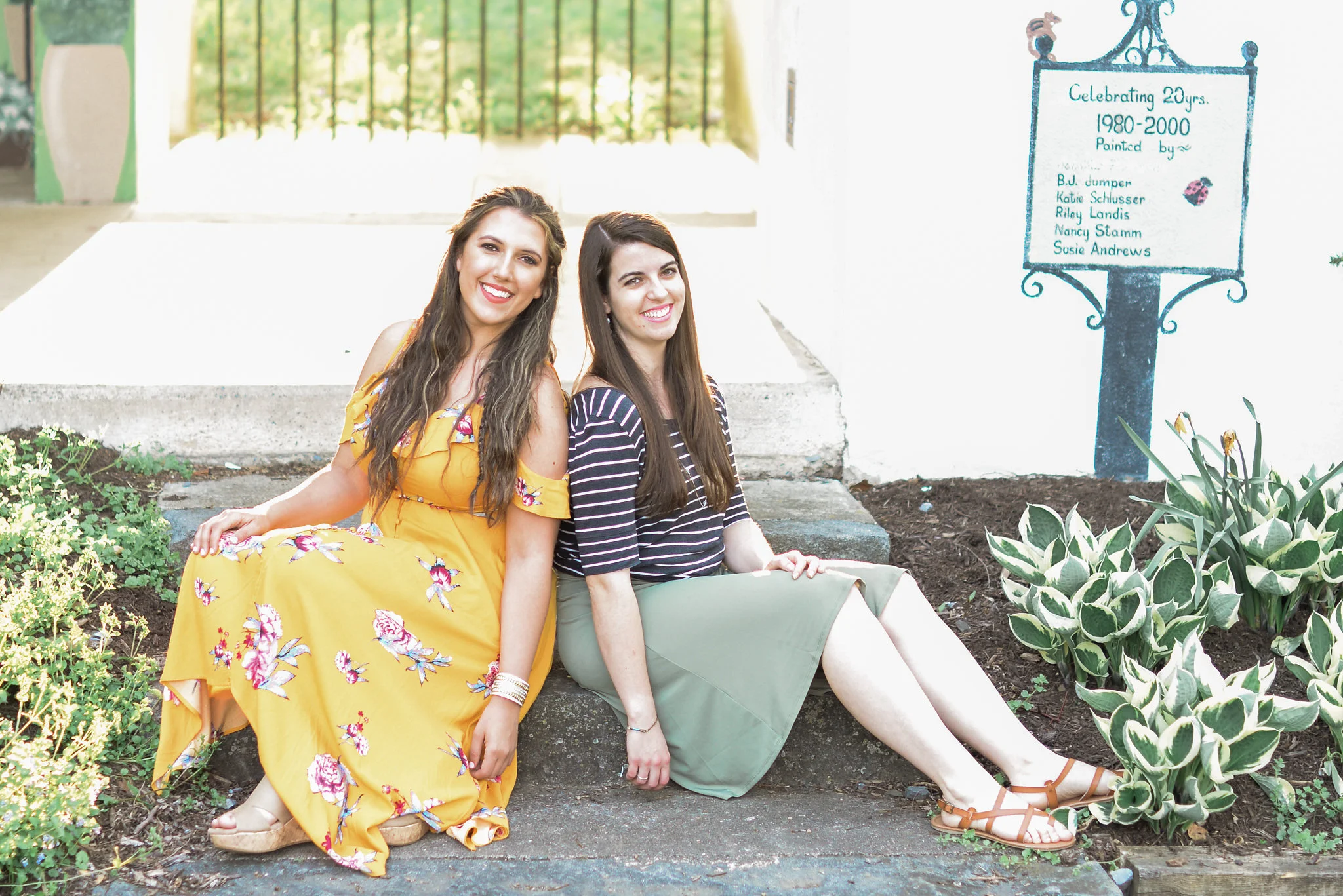Understanding Relationships
Relationships. They’re crucial to humanity. Relationships bring us some of the greatest joys in life. How wonderful to be able to share in successes, triumphs, and glee! But then again, relationships can also cause of some of the deepest pains in life. Confusion, heartache, and stressful rumination leave us feeling lost and discouraged.
In October, I made a declaration:
“I am bad at relationships.”
What I didn’t realize is just how much the other person would jump all over this remark. She said that it was a bit of a generalization and that while there may be certain areas that are not my strengths, surely I couldn’t be absolutely awful since I do have friends. In the six months since this conversation, I have been pondering what exactly I meant by this statement and how I might go about rectifying it.
I began by writing down all the relational areas in which I struggle. It was quite a list! And then I shared the list so that I might go about actively changing certain behaviors and thought processes in an attempt to be less stressed about this area of life. Through this process I have learned a number of things about myself and about relationships in general.
First, there’s a fundamental error in my original statement. “I’m bad at relationships.” Think about it. In four words, I have transformed a condition of being into a condition of doing. Relationships are not a mathematical problem to be solved, much to the dismay of my scientific mind. Sure, relationships take effort, but there’s also a beauty to simply living a life intertwined with other lives.
Second, you can’t “fix” relationships, which is something I struggled with this year. Some relationships are prone to attrition, and you have to ask yourself why you’re even bothering to invest, change yourself, and resolve conflict that only you feel. Who are you trying to benefit? Relational growth takes effort on both ends. Plus, I don’t think a relationship can ever be “fixed.” It can be improved, reconciled, etc., but relationships cannot be broken and repaired in the same manner as a clock or a bicycle. They’re more like bones that will forever carry the scar of injury but will eventually grow stronger than before as the osteoblasts reconnect the fragments with fervor.
I gave a speech in my Communications class last October about resolving cross-cultural conflict. Many of those concepts can be adapted to any conflict situation, not just one of culture clash. I don’t think anyone caught the irony. But I certainly felt like I should have a better handle on my own relational distress if I am informing others how to manage theirs.
This year, I have seen broken relationships mend and grow deeper than ever before. There’s something about collectively working through hurt that grows relationships like nothing else. This is something I’ve never experienced before now. Normally I’m more than willing to end a relationship because I cannot foresee the joy of reconciliation as being worth the pain of forgiveness and healing.
Third, I’ve learned that sometimes you have to “fake it till you become it.” At first this frightened me with respect to relationships. What if I’m only pretending that I’m okay and then the next time something happens I’ll explode? Nope. Forgiveness is a way of living, and sometimes you just have to force your brain to move to the same place your heart has already reached.
I’ve also seen this idea worked out in terms of developing new relationships. By the end of the fall semester, I sensed a budding closeness with one of my professors, and I was terrified. I was nervous to begin a new relationship when I knew I would be graduating in a few months. Plus, I found it scarily easy to open up to her and seek advice, even if I had no idea how she would handle my trust. Luckily, all is well. But still, I had to convince myself that it’s okay to trust people. It’s okay to let them into those deepest, darkest parts of my heart. If people are engaged in meaningful relationships, then they do not mind helping each other out. They want to be involved in the stuff of life together!
And finally, I’ve learned that relational struggles will always exist. Everyone is human, which means that everyone makes mistakes. But, life is a journey of occasionally stepping over boundaries too far and allowing God’s grace to fill you and draw you back. With the help of wise mentors, I have been able to discern how to act in various conflict situations. I have learned from the mistakes I make now, and I feel more equipped to handle relational difficulties as they arise in the future.
Relationships are not easy, but they are certainly a mess worth making!

